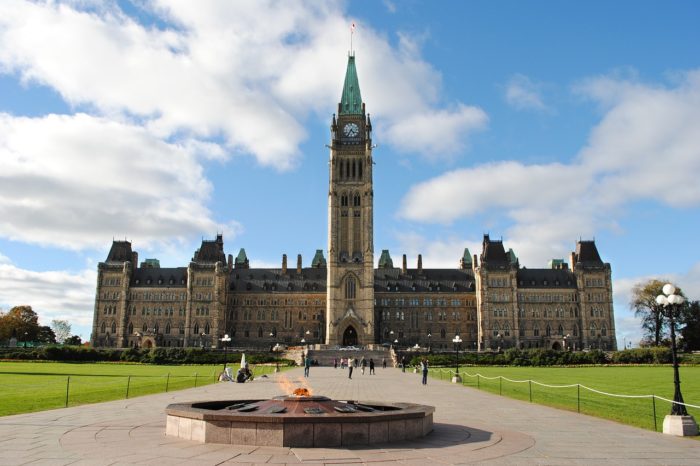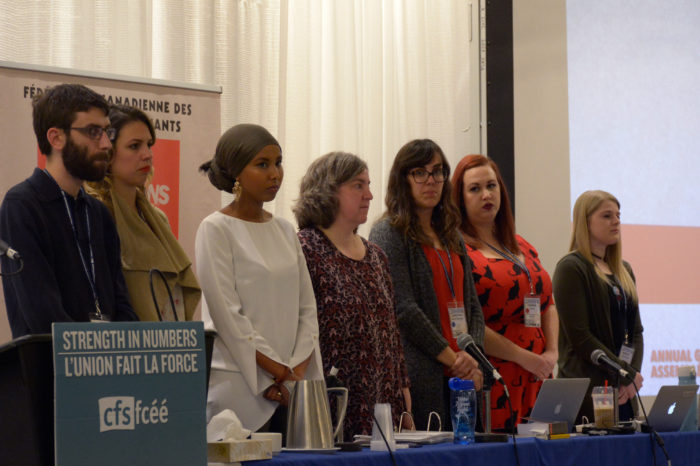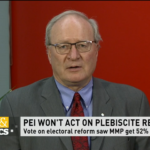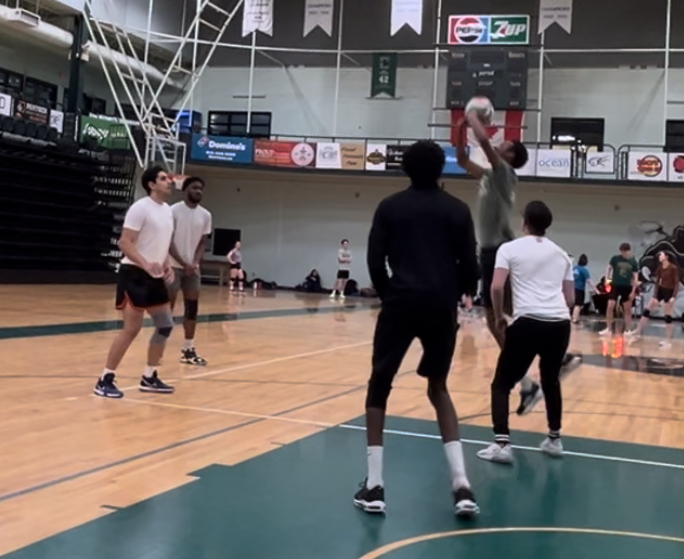By: Connor Mycroft
Okay, I need to vent.
So you may have heard about the plebiscite we just had on PEI where we chose to replace the current First-Past-The-Post electoral system with Mixed Member Proportional. I say “heard” because people ages 18-24 had the lowest turnout out of every age group, even lower than 16 and17-year-olds, so I don’t imagine you actually voted. Maybe you did. Either way, you have reason to be upset.
Because it appears as though that the results will not be honoured, and instead we are going to be having another vote in 3 years time. Yeah, you heard me right. Even though Islanders voted for change, things aren’t going to change, and instead we are going to have another vote on the same issue in 2019. It’s going to be a referendum, so supposedly binding, unlike the plebiscite, and it will be tied to the next provincial election ballot to increase turnout, since only 36% of eligible voters actually voted, despite unprecedented accommodations to make it easier than ever to vote.
That was a lot at once, so I’m going to break it down.
Despite giving people ten full days to vote in the plebiscite, and even opening it up to 16 and 17 year olds, voter turnout only reached a measly 36%, an astoundingly low number when you consider that the last provincial election in 2015 had an 82% voter turnout. This is why Premier Wade MacLauchlan has claimed it’s debatable that the results reflected the will of the people. Since the House reopened last week, many MLAs have expressed their belief that those who chose not to vote de facto voted for the status quo.
I’m sorry, but that’s not how democracy works. When you don’t vote, you relinquish your right to chose. You are saying “I do not care which one winsâ€. When elections happen, we don’t take the 20-40% of people who don’t vote and count them towards the incumbent party.
On top of that, thanks to the way the vote was done, under the preferential ballot system, it wasn’t until the fourth round of run-off voting that MMP won. In the three rounds before then, FPTP had the most votes, but not the 50% required by preferential voting. If the vote had been done under a FPTP system, it would have won. But that isn’t how the vote was done. The choice to have it under Preferential Ballot was based on the fact that there were 5 options, allowing Islanders to rank which ones they prefer.
When you set the rules, you aren’t allowed to change them when they don’t go your way.
Our Premier seems to think different.
Despite a motion put forward by Peter Bevan-Baker, leader of the Green Party, to honour the vote and move towards having the 2019 election conducted under MMP, the entire (no doubt whipped) Liberal caucus and 3 (out of 8) members of the Progressive Conservatives voted against it. Instead, the majority Liberals will no doubt support their competing motion to have a referendum attached to the 2019 provincial election.
So basically, a year’s worth of extensive public consultation, education campaigns, rallies, countless tireless hours spent advocating, and somewhere between $500,000 to $1,000,000 in taxpayer’s money was thrown out the window, because in 3 years time we will have to do it all over again.
It should be noted that this is the first time in the history of PEI that a government will not honour the results of a plebiscite, even though others have had lower voter turnouts than this one. Not only is this a clear blight on our democratic history, but it also sets a dangerous precedent for the future.
There are also some real concerns that need to be addressed about this election-tied referendum.
For one, you risk having the electoral reform question get overshadowed by all the other issues that will no doubt crop up between here and 3 years from now. Also, there is the possibility that people will experience electoral reform fatigue from listening to the debate go back and forth in the months to come. Even if it’s tied to the election, voters will no doubt be sick of hearing about it. I would bet they already are. Â
But perhaps most concerning, is that Wade himself has admitted that even though referendums are supposed to be legally binding, this one cannot force the next provincial government to change the electoral system.
Why, might you ask? Because of an little concept called Parliamentary Sovereignty. Basically, it means that any new government can change or repeal laws put in place by a previous government. Since the vote will be tied to the election, a new government can technically void the results. The Liberals argue that no government would risk doing that, because there would be no way to justify it.
I’ll show you exactly how they could.
The referendum will have two options. One will be MMP, the other is yet to be determined, but will most likely be FPTP. This will create a clear winner between the two options, removing any of the clarity concerns the plebiscite has apparently caused.
But because the referendum will be tied to the election, there’s a strong likelihood that the various political parties will include their preferred system in their campaigns. And since the election will be held under the good ol’ FPTP system, the winning party can win a majority of seats with only ~40% of the popular vote.
Hypothetically, if the winning party gets a majority of seats based on a minority of votes, and campaigned on FPTP, they can rightly claim that their mandate includes maintaining the FPTP system, despite the results of the referendum. That winning party will then have 4 years before the next election to make Islanders forget any scandal that may arise because of it.
If you disagree with that last sentence, explain how else the Liberals have managed to hold on to power since 2007.
With electoral reform becoming a big-ticket item for the federal government and the rest of Canada, we had a real chance here to make a profound impact that could have shaped the country moving forward. Instead, we spent more than $500,000 for our Premier to go on national television and claim that the results show “there is an appetite for change [that] wasn’t there twelve months agoâ€.
Excuse me, Mr. Premier, but you already knew there was an appetite for change.
Otherwise, we wouldn’t have held the plebiscite in the first place.









